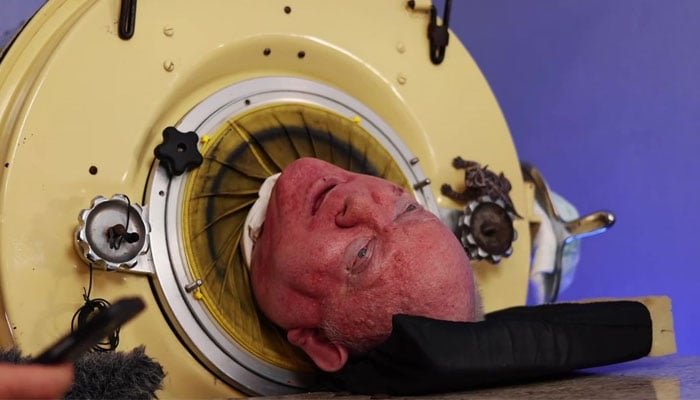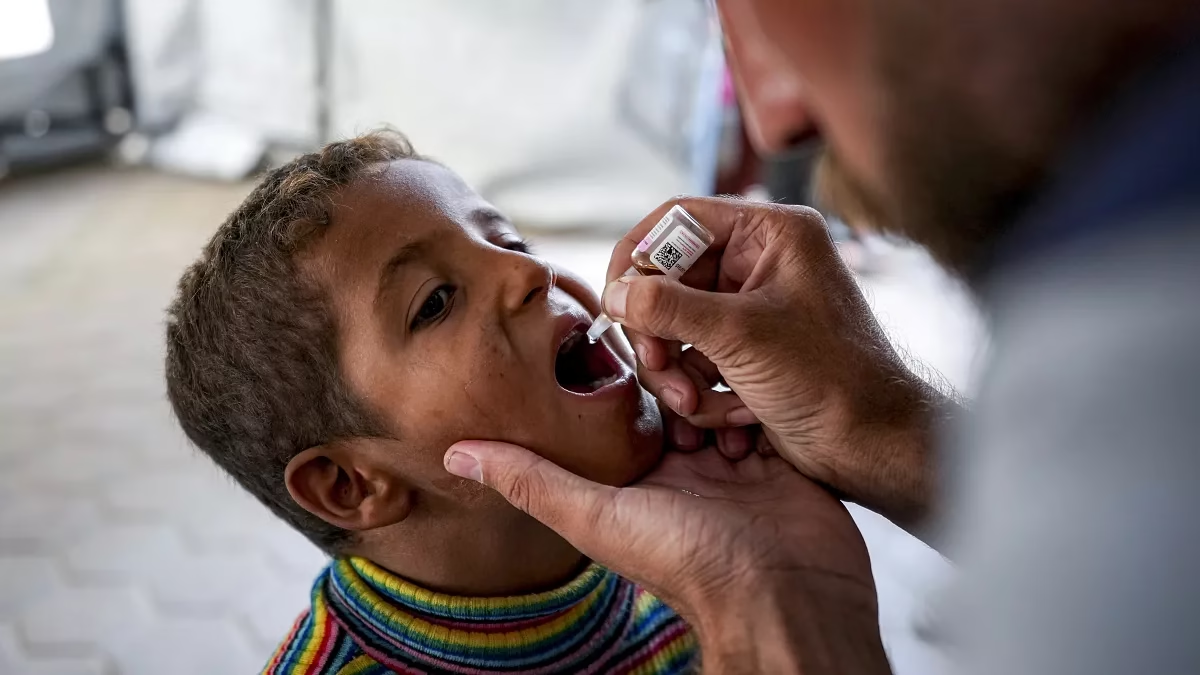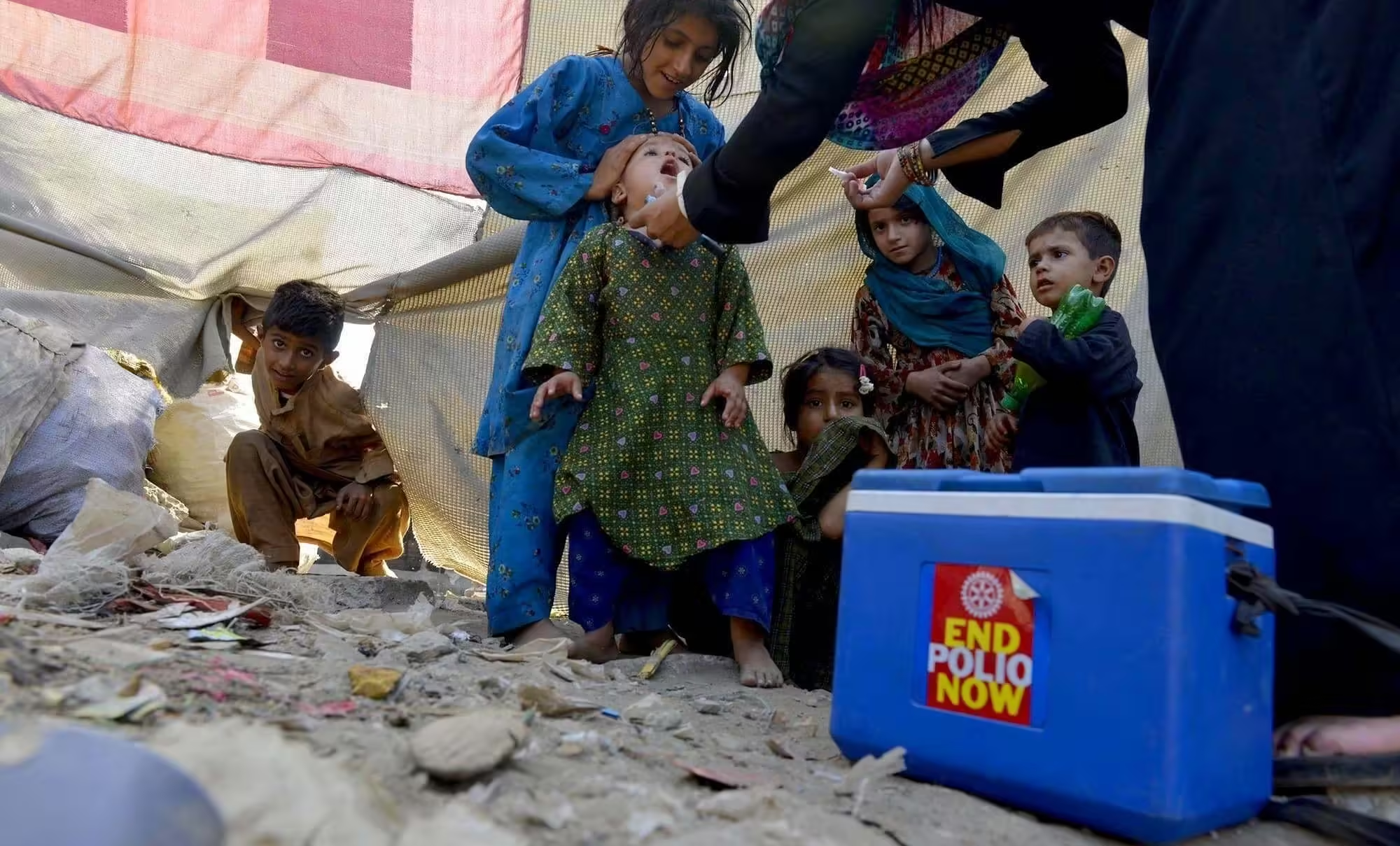Eric Mbonigaba, a Burundian motorcycle taxi driver, recovered from a severe case of mpox after four weeks in the hospital. However, since his recovery, he has faced intense social stigma, which now threatens his home and livelihood.
As one of the first individuals diagnosed with mpox in Burundi, Mbonigaba’s experience highlights the broader struggles the country faces in managing the disease. After being discharged from the hospital last month, he returned to his home in the financial capital, Bujumbura, only to be told by his landlady that he must leave.
“She refused to accept my rent. I could be evicted at any time, and I have nowhere to take my family,” said Mbonigaba, a 31-year-old father of two boys aged three and seven. His facial scars from mpox lesions scare away customers, and many avoid even greeting him.
Mbonigaba’s case is not unique. Another patient also faces eviction due to the same stigma.
A UN health official stressed that addressing the stigma is crucial for Burundi, Africa’s second most affected country by mpox, to control the outbreak. Paul Ngwakum, a UNICEF Regional Health Adviser, warned that the fight could be prolonged if people remain fearful of coming forward for treatment.
Since July 25, Burundi has recorded nearly 600 cases of mpox, though no deaths have been reported in the country. However, the disease has claimed over 800 lives across Africa, mostly in the Democratic Republic of Congo, according to the World Health Organization.
Some patients, fearing discrimination, have opted for secret self-treatment at home, bypassing government rules requiring hospitalization for free treatment. The government has yet to publicly address the impact of stigma, though the health ministry has promised to investigate.



